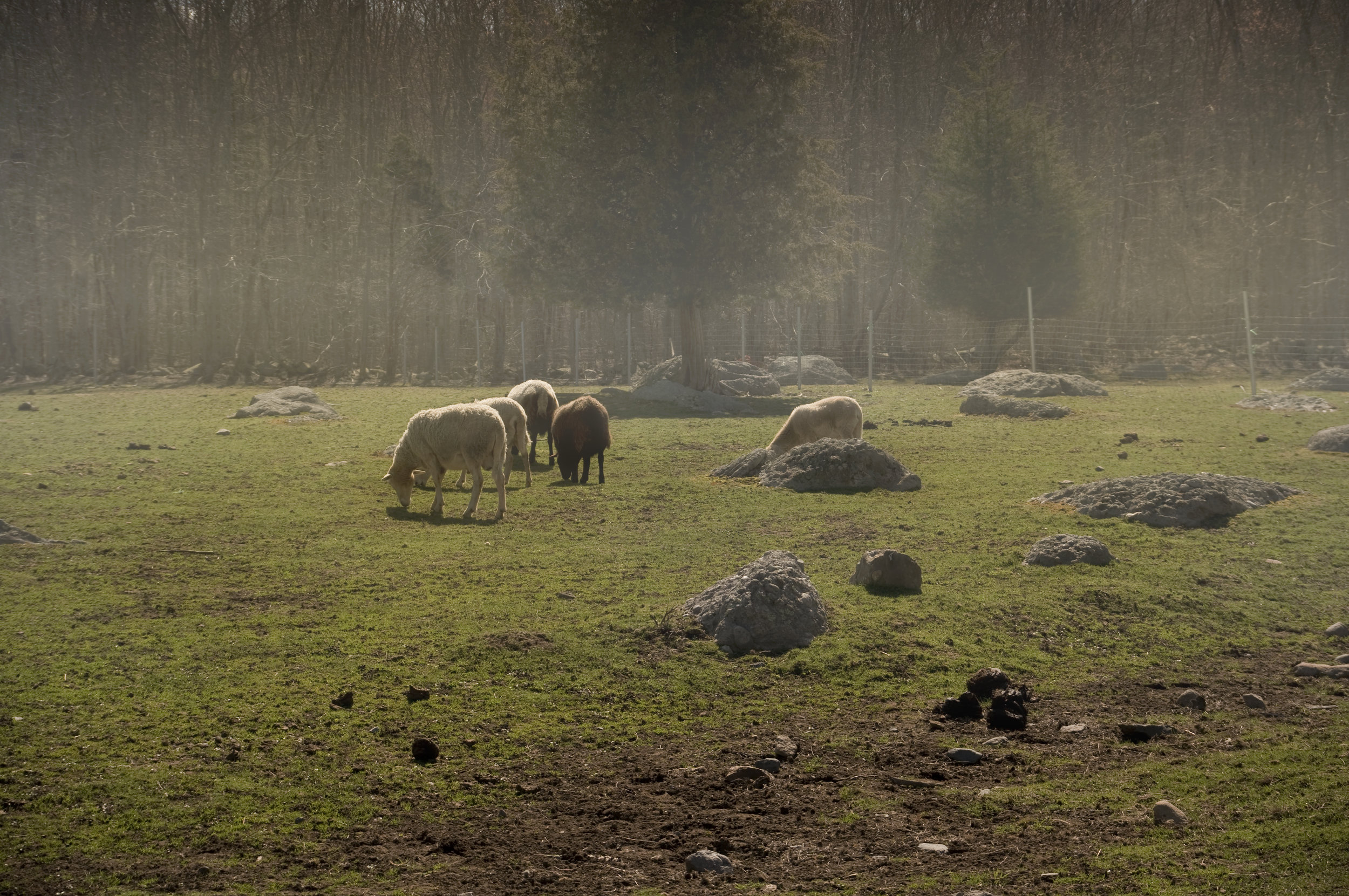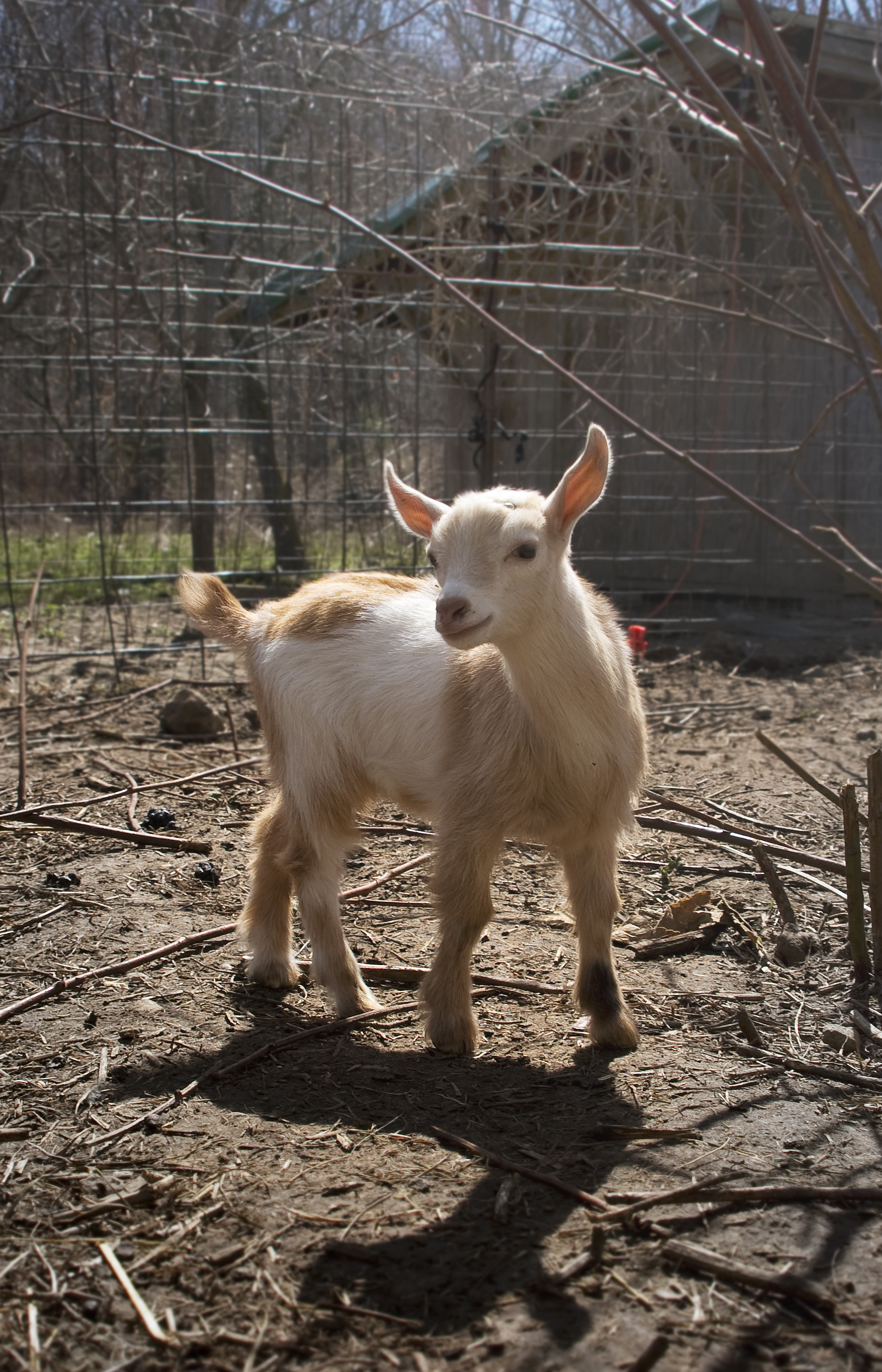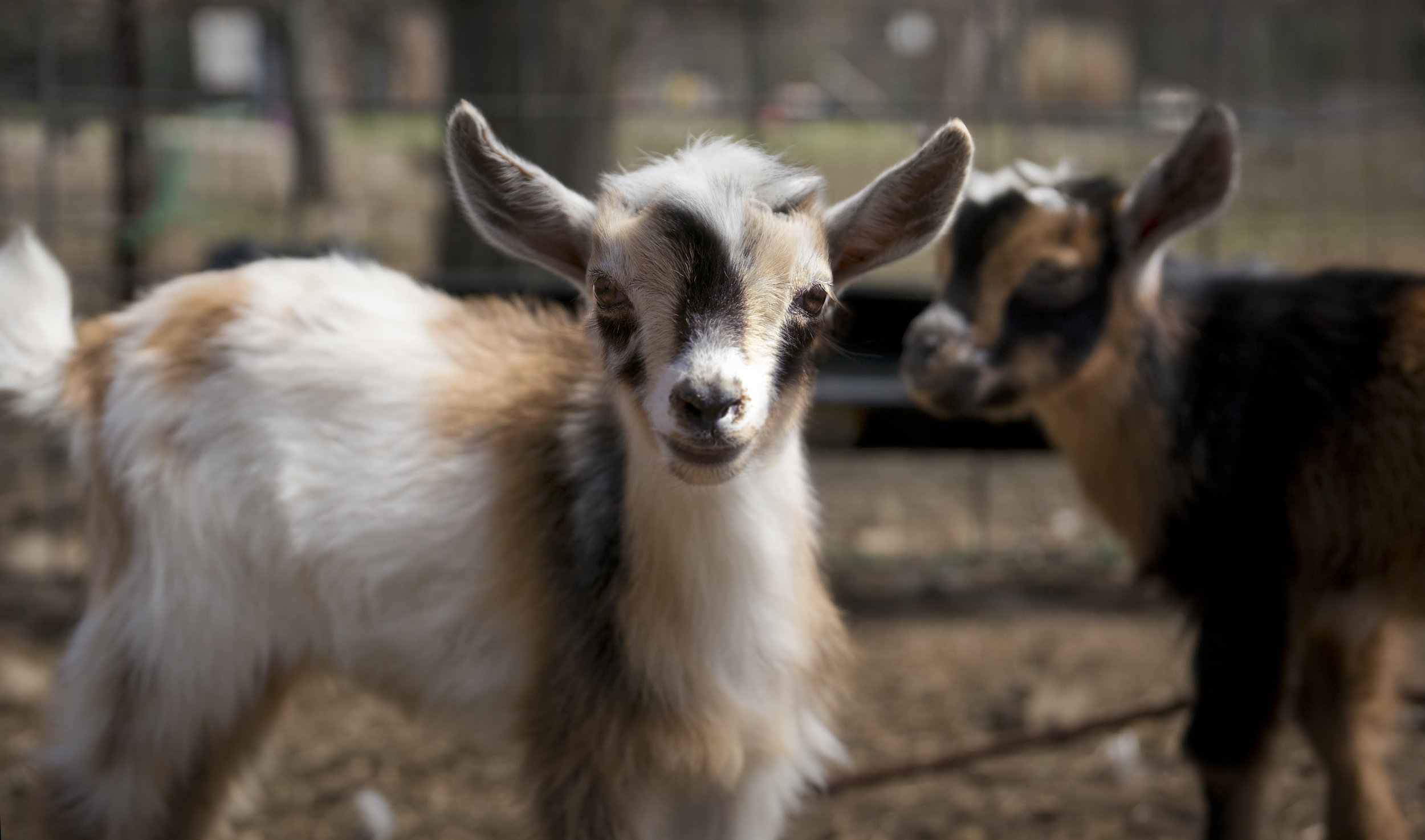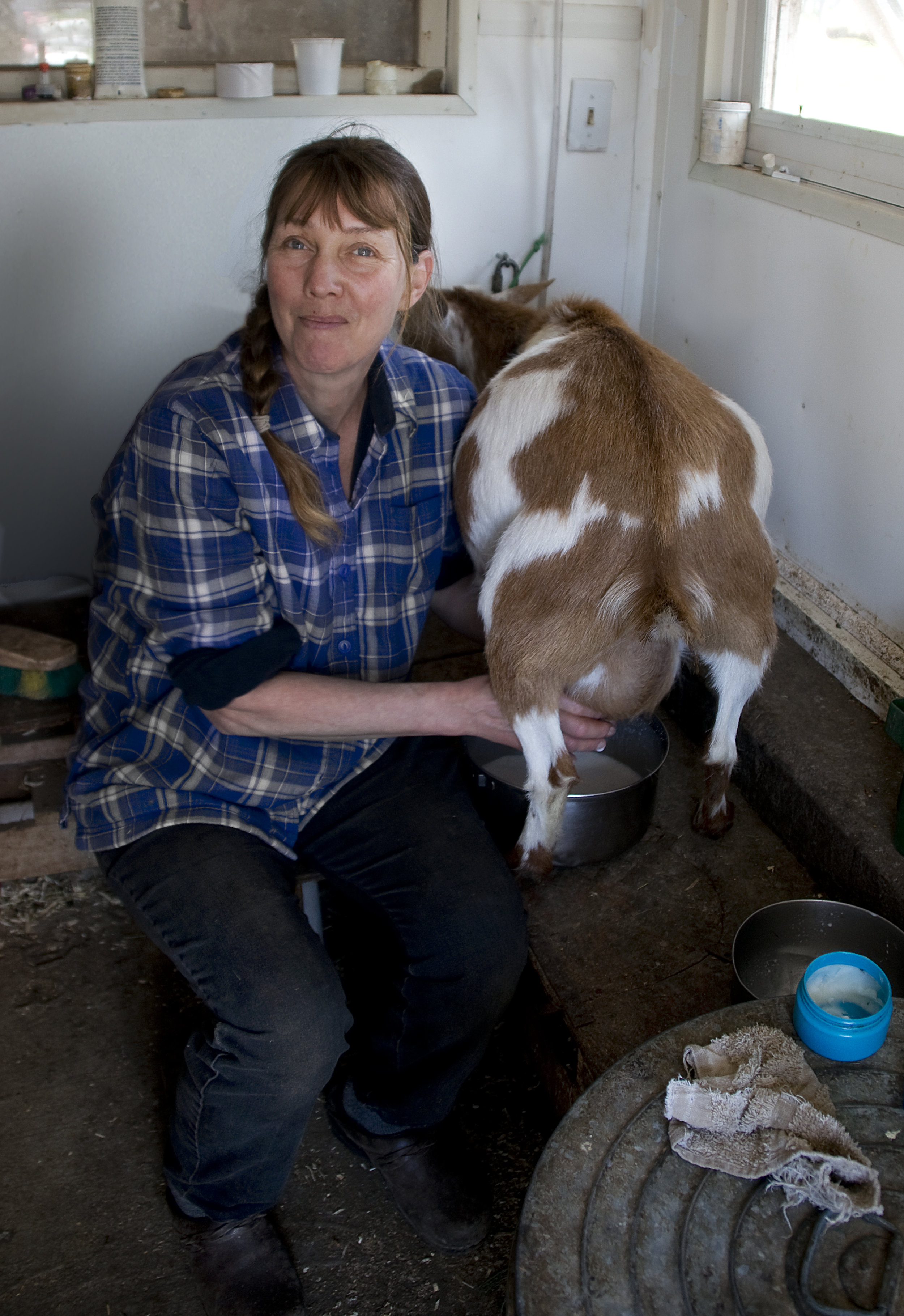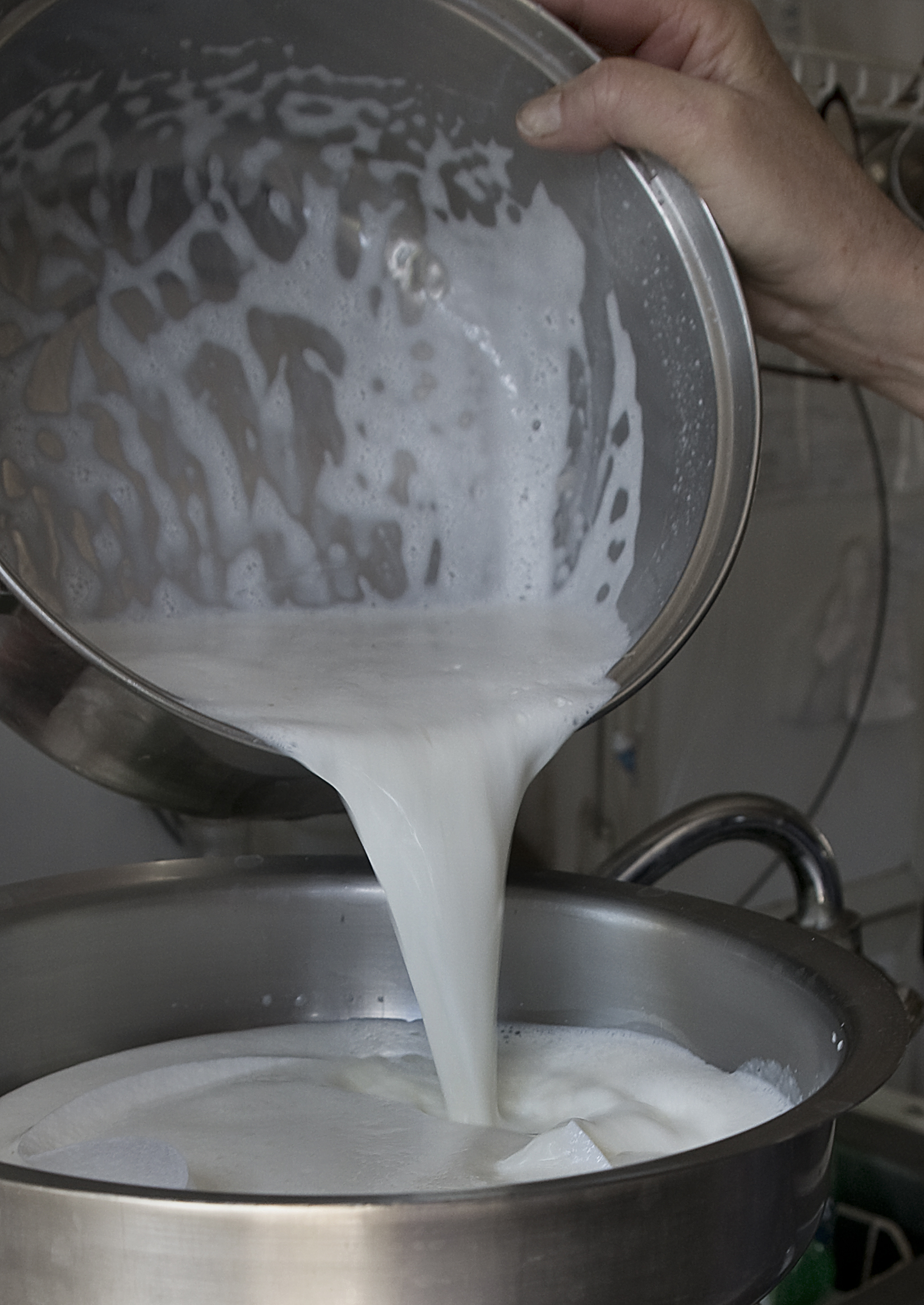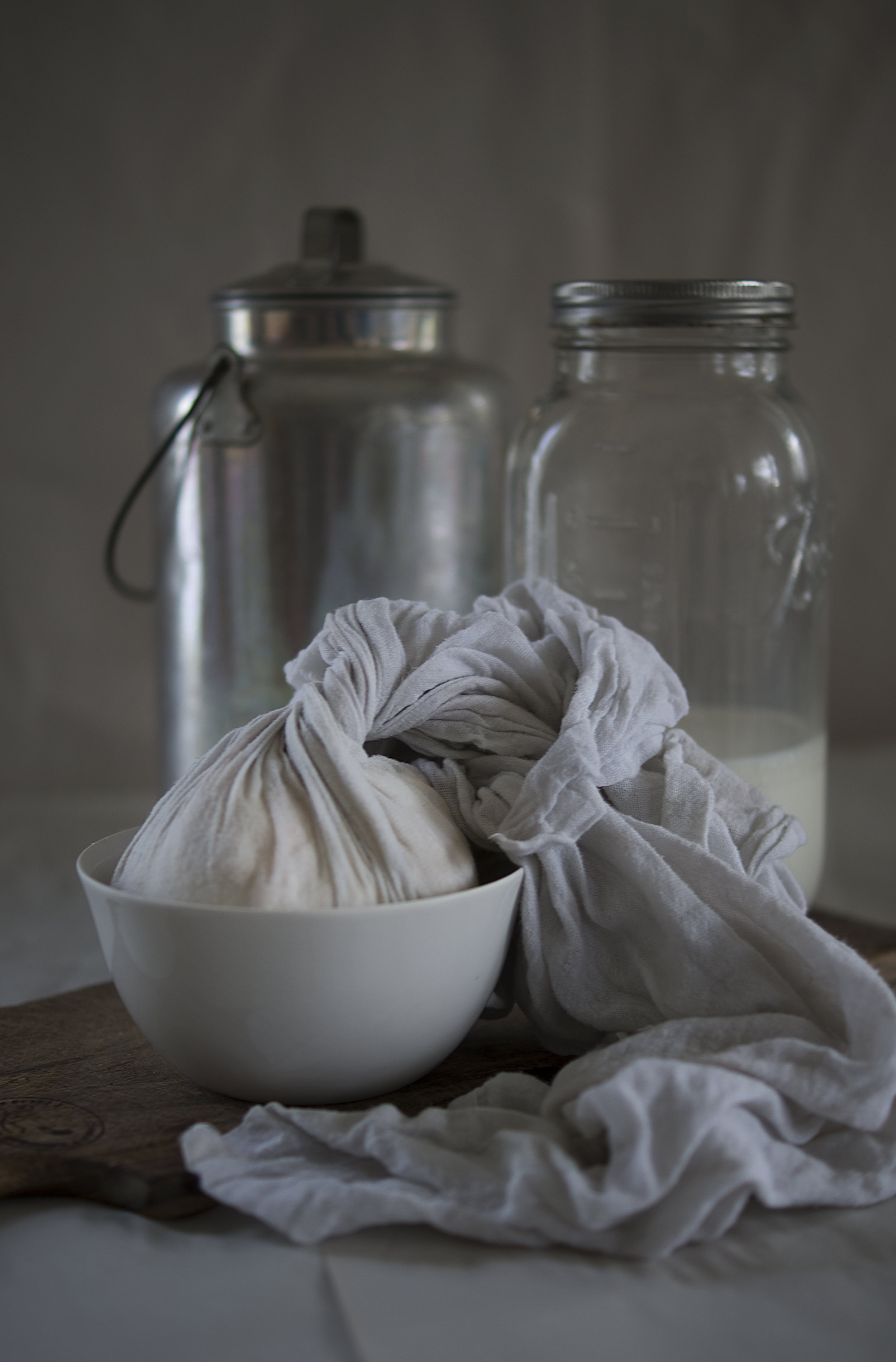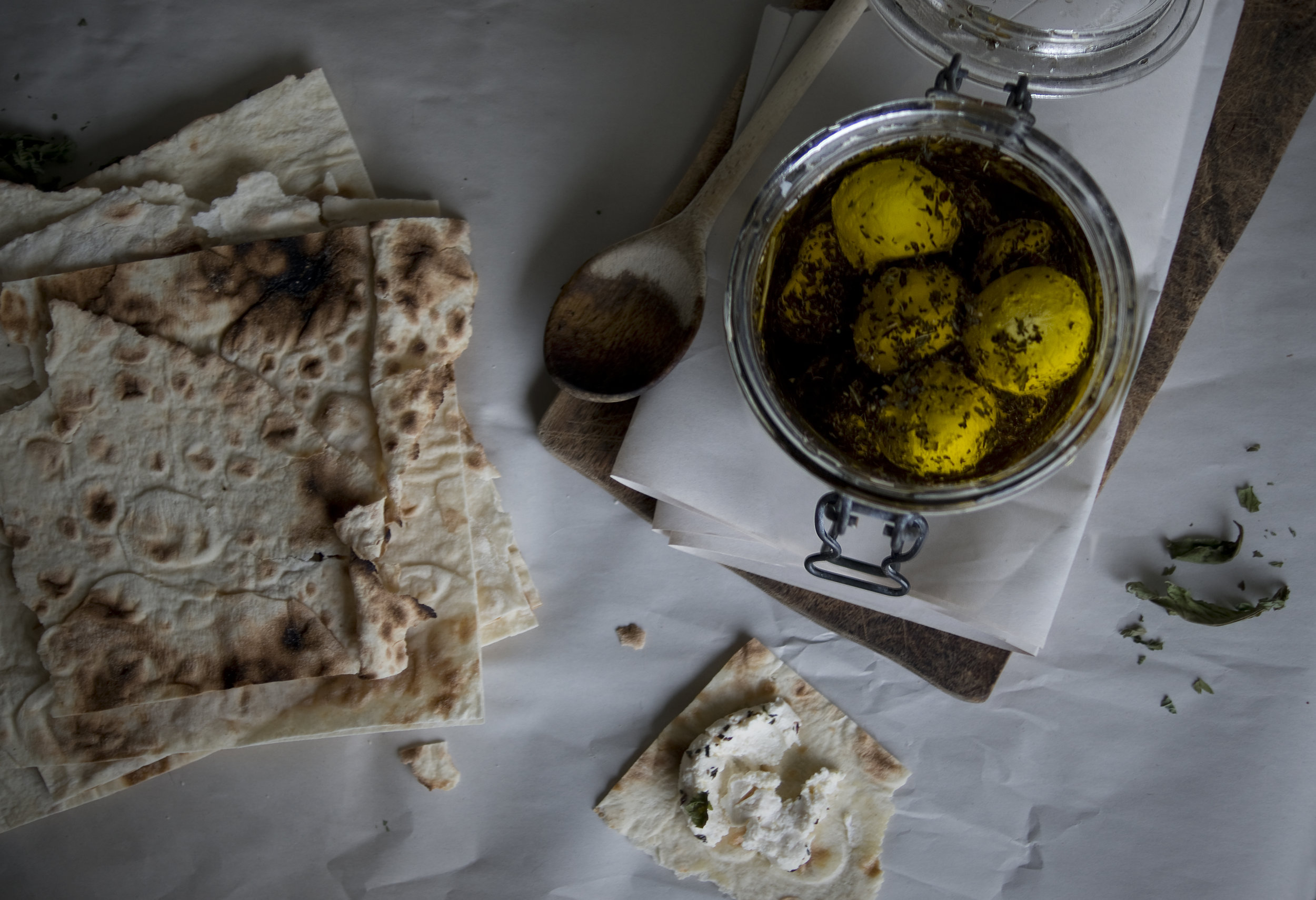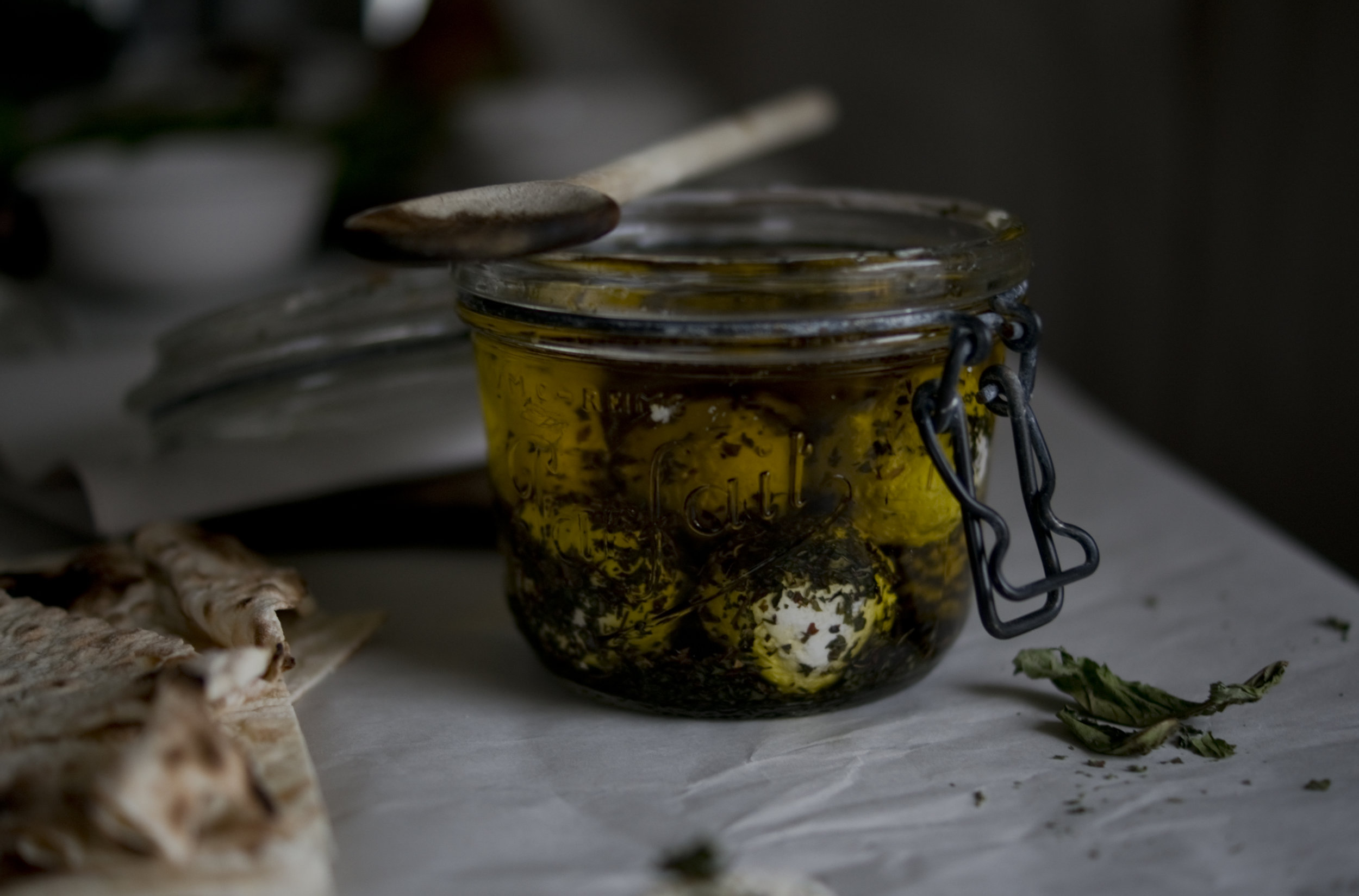Food & Home
Food & Home
Words by Elias Roustom
Photographs by Elias Roustom and Mihaeko Schroedinger
of www.emletterpress.com and www.starlingbrood.com
The way we eat or think about food is in layers, preference, availability, restriction, family, culture, geography, education, society. On the pleasant surface of it Food is a simple idea that makes everyone smile, but not far beneath that simplicity is a depth of complication, delightful simplicity and wondrous complexity. The notion of Home is not too different, and the two are inextricably tied to one another — for very good reason anyone who talks about basic needs says “Food & Shelter” like it’s one word — and what ties them together is the greater part of each, Memory. “I remember” is part of almost every conversation about food or home, and this short story is about both.
I remember going into the pantry of my childhood home and looking at rows of jars, filled with preserves, the product of a busy kitchen that was always in touch with what was in season, by necessity not choice of course. Eggplants, tomatoes, beats, cucumbers, artichokes, cherries, apricots, figs, all in glass jars, many of them sealed with a thick layer of wax. It’s only now that I realize how lucky my brothers and sisters were to grow up with that pantry and that kitchen, and I know how it formed and informed us. How we cook and how we eat, and how we enjoy and appreciate the labor of feeding our own families started in that kitchen and that pantry. But that kitchen and pantry are from long ago and far away. Damascus, Syria in the 1970s to be more exact, and no longer Home. I am now a New Englander.
No one would call me a Yankee, and it wouldn’t take long to find out I’m not really from around here, but what a Syrian is doing in New England is not that remarkable a story, no more so than that of an Irish or Portuguese. It’s recent events, the sad news from Syria over the last few years, that have been remarkable for this Syrian in New England, and that has made remembering an urgent need.
After 33 years I’m in touch again with many of my childhood friends, scattered across the globe, brought together on Facebook, and I’m finding them in Boston and New York, or Montreal. I’m exploring the language again and the traditions, reading, music, the Orthodox Church...and I’m eating more strained yogurt drizzled with olive oil.
But that’s half the story. Half of me, the silent half, is French Canadian, and I’m told the land on which Swansea Mall now stands (Swansea, Massachusetts) was once my great grandfather’s farm. My mother remembers corn fields, vegetable gardens, cows, geese, turkeys, and a horse. My grandfather, who grew up on that farm, once informed me that a goat would eat anything, including a tin can, but would not look at a tomato. We were tending tomatoes in his garden one summer, maybe it was 1976, when our whole family visited him and Grandma where we eventually settled on the South Coast of Massachusetts. He said it with a laugh, like he was remembering something himself, which brings me to the point of this whole recollection. I remember that in my mother’s pantry in Damascus was a jar filled with little white balls in a yellow green liquid that we called “Labneh Da’abeel,” yogurt balls preserved in olive oil. Still a favorite treat. Rich and creamy and tart and salty to taste and to smell. Made from goat’s milk.
Nostalgia is a funny thing anyway, but for an uprooted middle-easterner with paved over North American roots, funny is a question of identity, and for a middle aged man such questions can verge on crisis, and make him hungry. For the patient and sympathetic partner of such a man, the question of crisis is often an excuse to change the subject and cook something. So it was that a long series of conversations over meals that started with “I remember” one day ended with “Let’s make our own Labneh balls. Wouldn’t that be fun? Let’s make them from scratch. Let’s find a goat farm and buy some milk!”
Of course one can buy prepared labneh balls from the Armenian AraxMarket in Watertown, or the Lebanese Daou Market in Fall River, imported straight from the source of all nostalgia — if you’re an adventurous New Englander you know you don’t have to leave New England to find the world — but as it happens, just north of Swansea in Massachusetts, of all places, is Rehoboth, and there you can find Anne Petersen’s Rosasharn Farm, breeders of award winning Nigerian Dwarf Dairy Goats, Great Pyrenees and Anatolian Shepherd dogs too, and American Guinea and Large Black Hogs, and sheep, and chickens. A few emails and phone calls later and we were there saying hello, and not long into our conversion we found out that a dear friend of ours is a dear friend of theirs. If nostalgia is a funny thing, what is coincidence?
We had a great tour of Rosasharn Farm, met countless bright and gregarious goats, and dogs, large and small, and we watched half a dozen does being milked. We talked cheese with our dairy goat farmer, and got very excited about making our own yogurt from that day’s milk, and then we learned that while Anne Petersen can sell you a goat, she cannot sell you goat’s milk! Talk to Anne long enough and you will learn all about the milk and milking, but also about the Commonwealth’s rules and regulations that govern the production and sale of milk. It’s the longer lesson. A friend of a friend however, in rural Rehoboth as in rural Syria, will share. Happily Anne was kind kind enough to give us a gallon of milk to turn into yogurt, strain and salt, roll into balls, cover with olive oil in a big glass jar, and put on the pantry shelf of our New England home.
